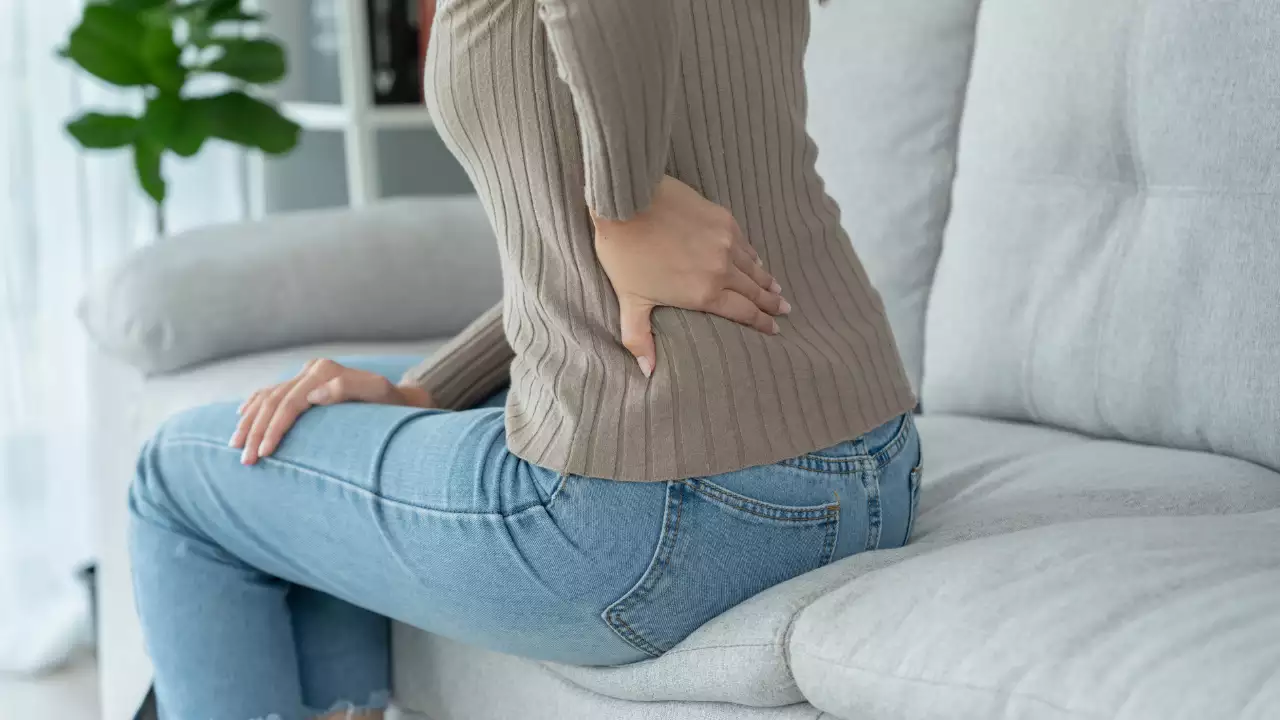Bones play a crucial role in supporting the body, protecting vital organs, and storing essential nutrients like calcium. While strong bones are often associated with childhood and adolescence, bone health remains a lifelong priority, particularly for women navigating menopause. According to Dr Aashish Chaudhry, Senior Consultant & Head of Orthopaedics & Joint Replacement at Aakash Healthcare, New Delhi, the hormonal changes during menopause significantly impact bone health, requiring proactive care to prevent long-term issues like osteoporosis.
The Connection Between Menopause and Bone Health
Menopause typically occurs between the ages of 45 and 55 and brings about a decline in reproductive hormones such as estrogen. “Estrogen plays a pivotal role in maintaining bone density. Its decline during menopause accelerates bone loss, increasing the risk of osteoporosis—a condition that makes bones weak and brittle,” explains Dr Chaudhry.
Women lose approximately 10% of their bone mass in the first five years post-menopause, after which the rate of loss slows down. Dr Chaudhry points out that nearly half of women over 60 experience at least one fracture due to osteoporosis, underlining the critical need for maintaining bone health.
Key Steps to Maintain Bone Health Post-Menopause
- Prioritise Calcium Intake
Calcium is the cornerstone of bone health. “Women over 51 should aim for 1,200 milligrams of calcium daily,” advises Dr Chaudhry. Foods like dairy products, broccoli, kale, almonds, and soy products are excellent sources. “For those who struggle to meet this requirement through diet, consulting a doctor about supplements can help,” he adds.
- Ensure Adequate Vitamin D Levels
Vitamin D is essential for calcium absorption. Dr Chaudhry recommends a daily intake of 600 to 800 IU depending on age. Oily fish, mushrooms, eggs, and fortified foods are great options. “Regular exposure to sunlight can also boost vitamin D levels, but supplements may be necessary in some cases,” he notes.
- Include Weight-Bearing Exercises
Physical activity is vital for bone health. “Weight-bearing exercises like walking, jogging, and stair climbing strengthen bones and slow bone loss,” explains Dr Chaudhry.
Lifestyle choices significantly impact bone health. “Smoking and excessive alcohol consumption accelerate bone loss. Women should limit alcohol to one drink per day, while men should keep it to two,” advises Dr Chaudhry.
A Proactive Approach to Healthy Bones
While menopause poses challenges to bone health, adopting a proactive approach can mitigate risks. By focusing on a nutrient-rich diet, regular exercise, and avoiding harmful habits, women can maintain strong, healthy bones and improve their quality of life. Dr Chaudhry stresses, “It’s never too late to take steps towards better bone health. Start today to ensure a stronger tomorrow.”
Get Latest News Live on Times Now along with Breaking News and Top Headlines from Health and around the world.


